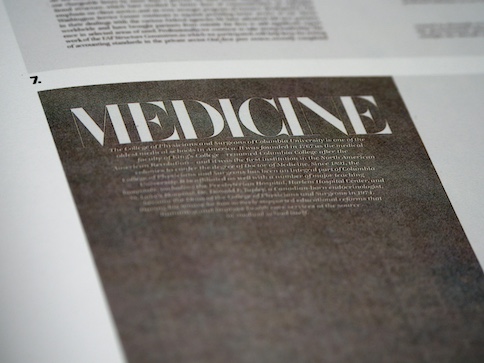10/10/2024

Academia’s infamous “publish or perish” mantra, though dramatic, underscores the pressure researchers face to see their work in print. For early-career faculty—especially those from underrepresented groups—this challenge can be even greater. In an effort to bridge this gap and empower all scholars to thrive, the University of Houston Population Health (UHPH) has launched a new initiative to bolster faculty productivity in scientific publishing, backed by a $1.9 million grant from the National Institute of General Medical Sciences.

UH Chief Population Health Officer Dr. Bettina Beech and her colleagues are leading the charge with their innovative study, Write from the Start, which focuses on supporting scholars from diverse ethnic and cultural backgrounds. With a mission to ensure everyone has the opportunity to succeed in academia, this study introduces strategies to foster writing accountability and increase publication rates, especially among faculty of color and women.
“We’re thrilled to lead such an impactful project,” Beech shared. “Many people are unaware of the disparities in scientific publishing rates among different subgroups of researchers. Publications are key to professional advancement—whether it’s for tenure, promotion, or grant applications. We’re hoping to shift the needle toward inclusivity.”
Why Write from the Start Matters
According to research published by the Journal of the American Medical Association Network, scientists who are women, Latino, or Black face significantly lower publication rates compared to their peers. This discrepancy hampers career growth, perpetuating systemic barriers in fields like science, medicine, and academia. Dr. Beech’s study aims to identify strategies to counter these inequalities by comparing two productivity-boosting models for early-career faculty: Writing Accountability Groups (WAGs).
But what exactly are WAGs? Think of them as the writer’s version of a fitness boot camp—a structured environment where scholars meet regularly to hit their academic writing goals, whether for grant applications, research manuscripts, or other professional projects. These peer-led groups not only encourage discipline but also provide a support system that keeps participants on track.
For 20 weeks, 120 faculty members across the U.S. will participate in two types of WAGs—one model pairing peer guidance with an online educational program, and the other solely relying on digital resources. Both will aim to improve writing habits and publishing productivity. After the study concludes, Dr. Beech’s team will track participants' productivity over two years, offering valuable insights into which method is more effective and under what circumstances.
Empowering the Next Generation of Researchers
Beyond its academic focus, this study could have broad implications for the future of scientific research in the U.S. “WAGs help normalize daily writing habits, fostering success in careers where publication is crucial,” Beech explained. “This project is a stepping stone in building the confidence and competence of tomorrow’s scientific leaders.”
Dr. Beech is joined by several notable colleagues in this effort, including Dr. Marino Bruce, director of UHPH Collaboratories, and Dr. Roland Thorpe, professor and vice chancellor for Faculty Diversity at Johns Hopkins University. Together, they hope to address the systemic challenges faced by underrepresented groups in academia and empower future generations of researchers to shine in a highly competitive field.
This initiative marks a significant step forward not only for University of Houston Population Health but also for research institutions across the nation. As the project unfolds, its findings could help shape a more inclusive, equitable academic landscape—one where all scholars, regardless of background, have the tools to succeed.
About the University of Houston
As a Carnegie-designated Tier One public research university, the University of Houston (UH) serves as a beacon of academic excellence in the nation’s fourth-largest city. UH’s 46,000+ students benefit from a diverse, multicultural environment, world-class faculty, and dynamic partnerships with industry leaders. UH is proudly recognized as a Hispanic-, Asian American-, and Native American Pacific Islander-serving institution, reflecting the city’s vibrant and diverse community.
For more information on this study or to learn more about the University of Houston’s mission to support diversity in research, visit http://www.uh.edu.
